In Being and Nothingness, Sartre says that “man is a useless passion”: An acknowledgment of the human condition...
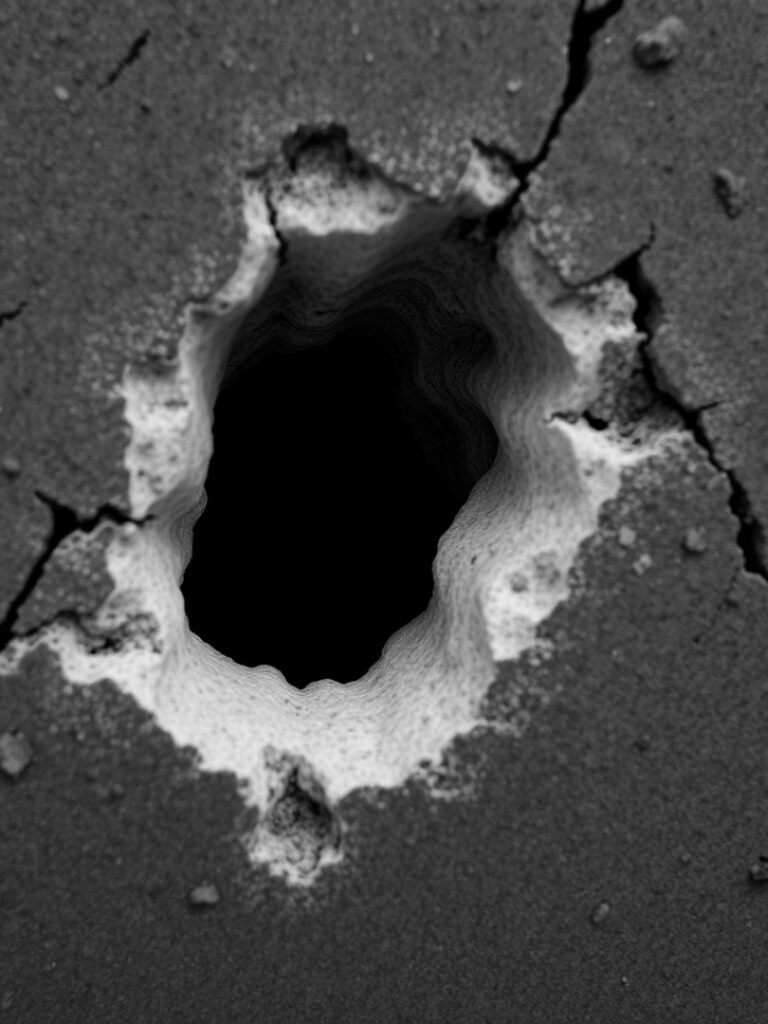

In Being and Nothingness, Sartre says that “man is a useless passion”: An acknowledgment of the human condition...

Firstly, the realization that there is consciousness. Secondly, discovering what is not consciousness, which is the world. Finally,...

Bad faith lies at the heart of the existentialism of Sartre. It appears early in Being and Nothingness...

For Sartre, the contingency of being means existing without ever finding the reason for this existence and hence...
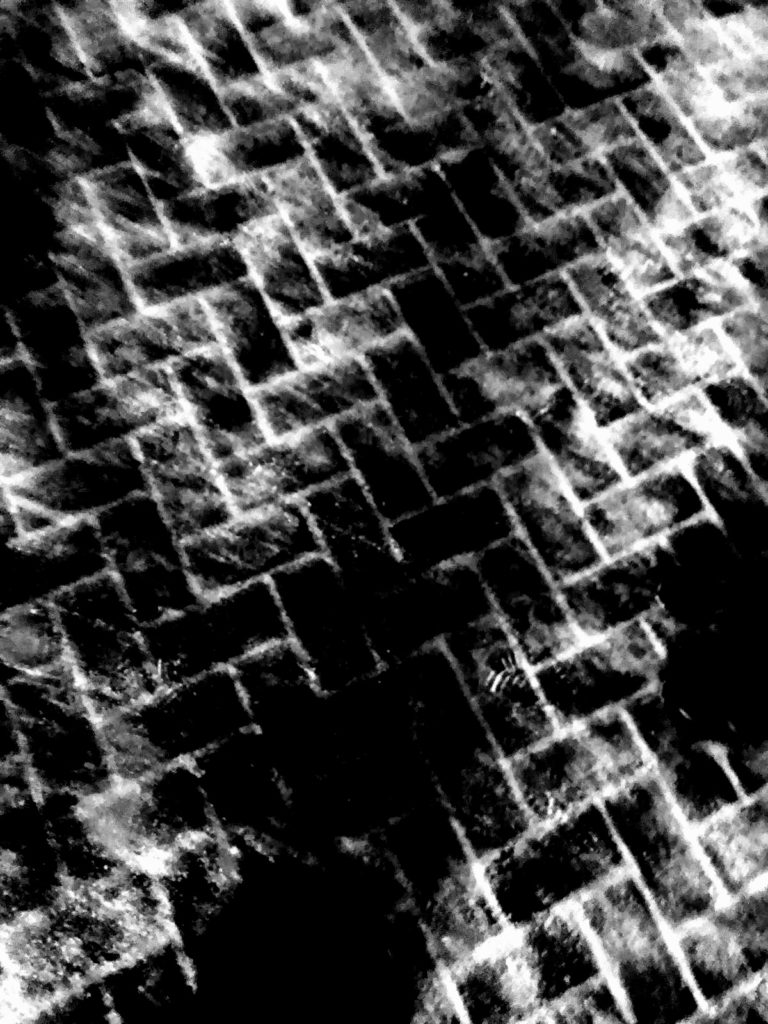
For Sartre, there are two modes of being: “Being in-itself” and “Being for-itself”. “Being for-itself” is the mode...
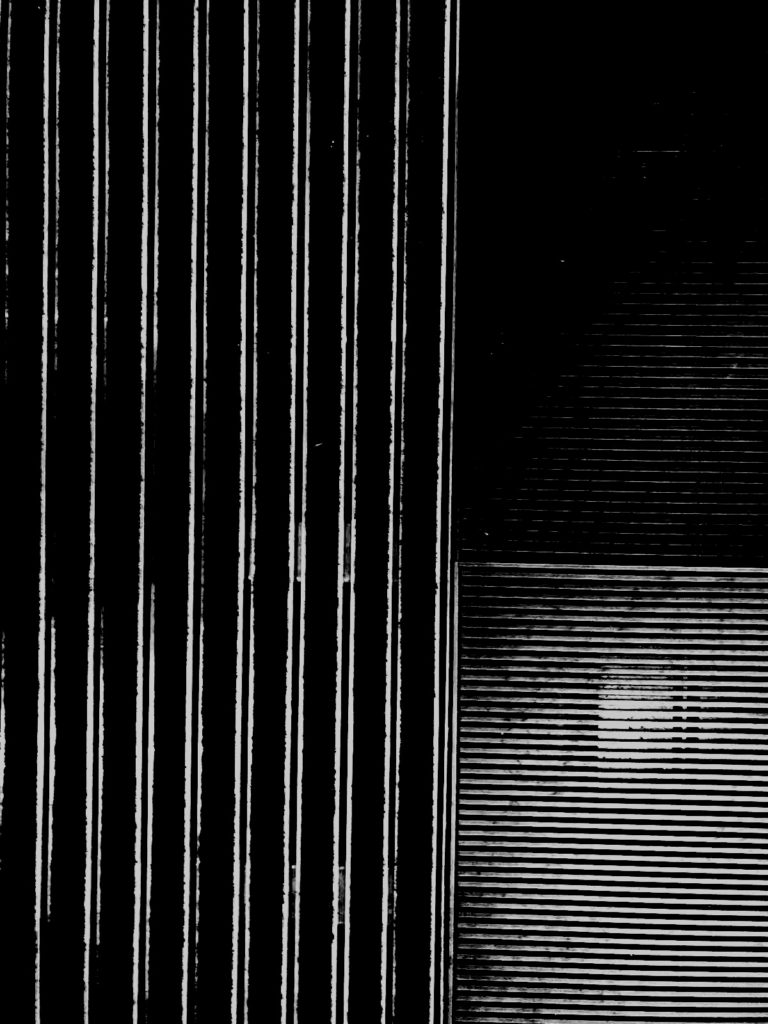
Poststructuralism passes through Freud’s thinking-theorizing in its disrupting of metaphysics, yet this passing transforms that through which it...
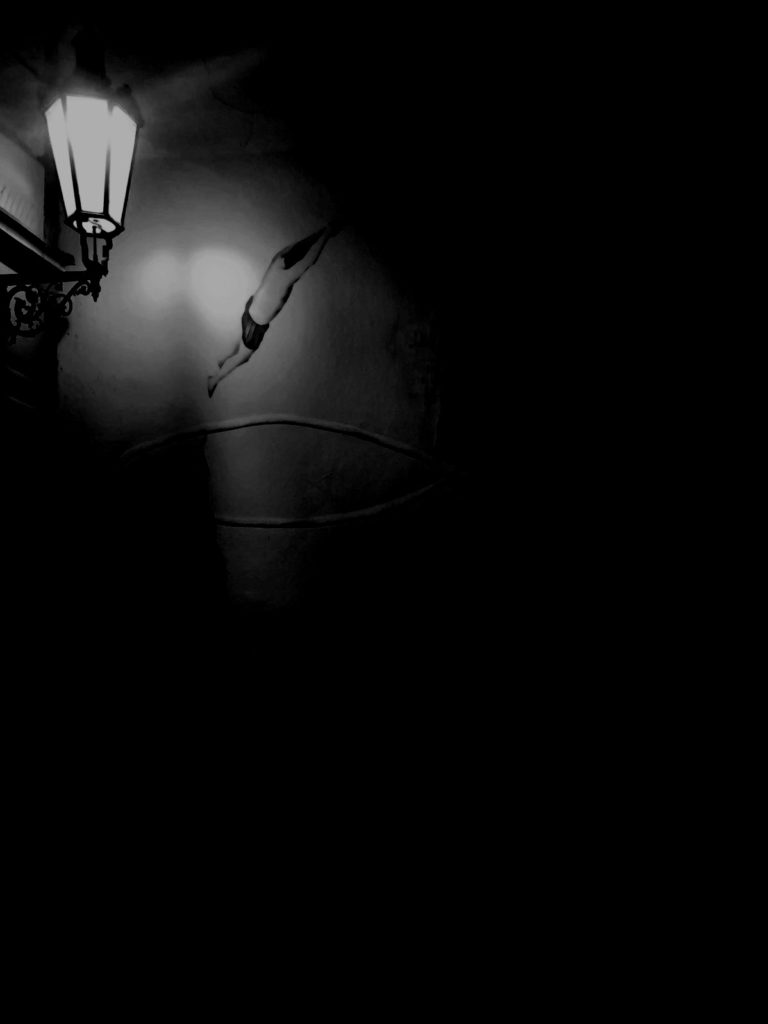
Transcendence occurs because the “for-itself”, that is, consciousness, is a nothingness. Consciousness, for Sartre, is what it is...
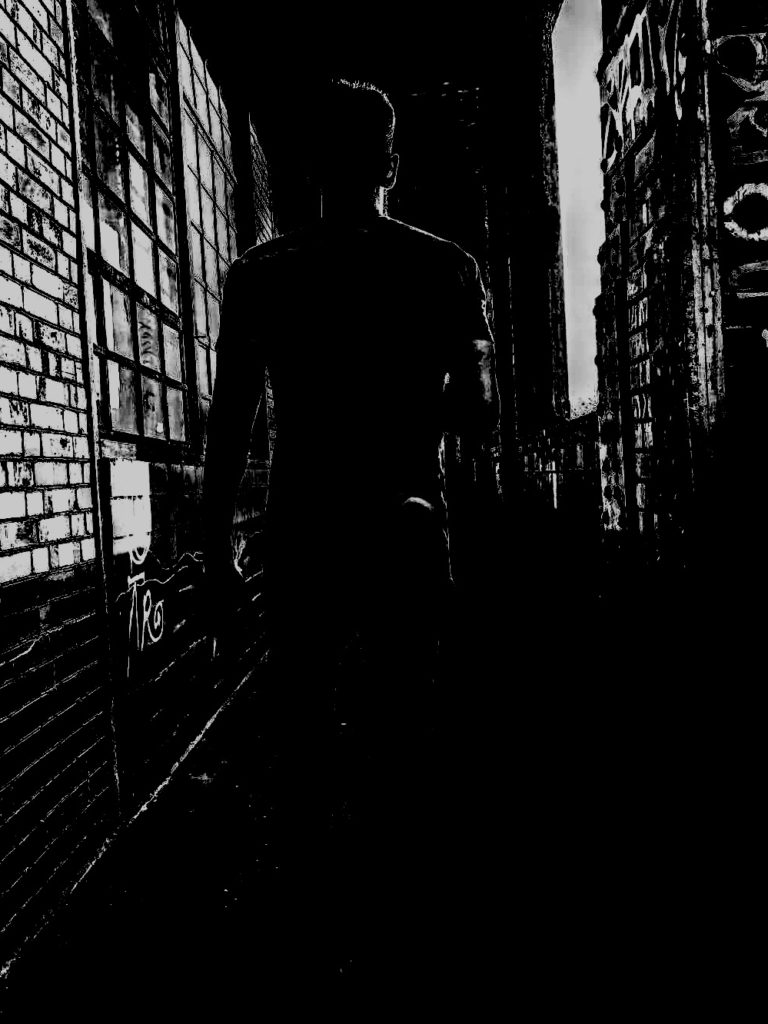
The body is not a tool that the individual might use, but rather the center and origin of...
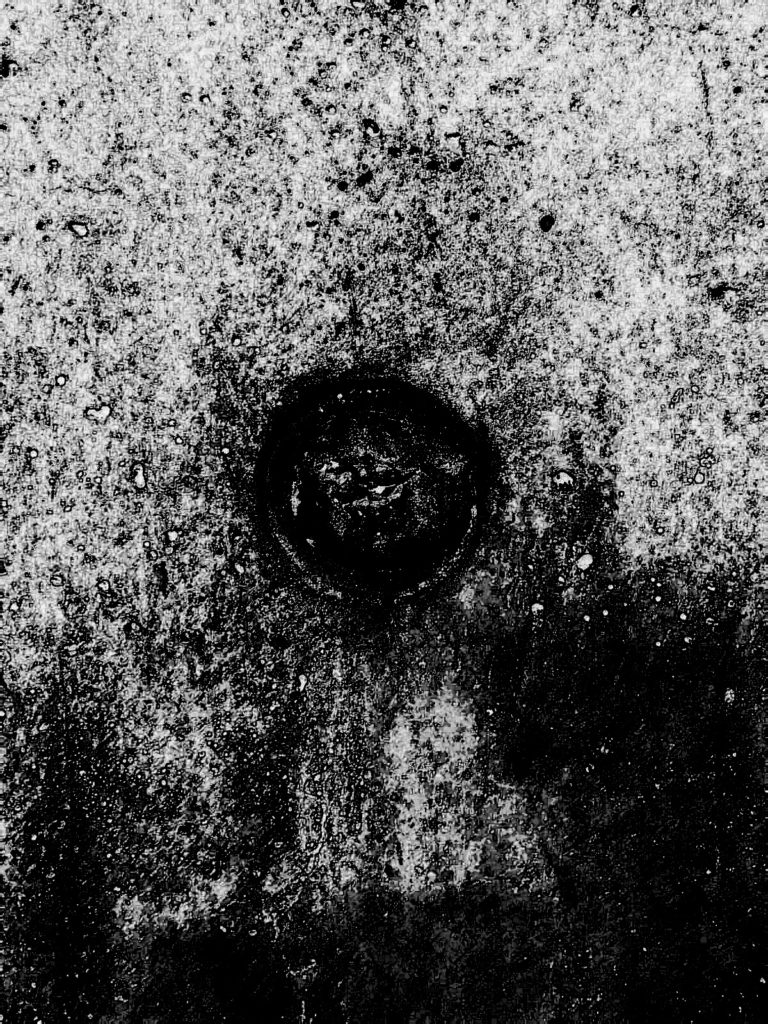
Sartre defines consciousness as nothingness and nothingness as freedom. It is in this togetherness of consciousness and freedom...
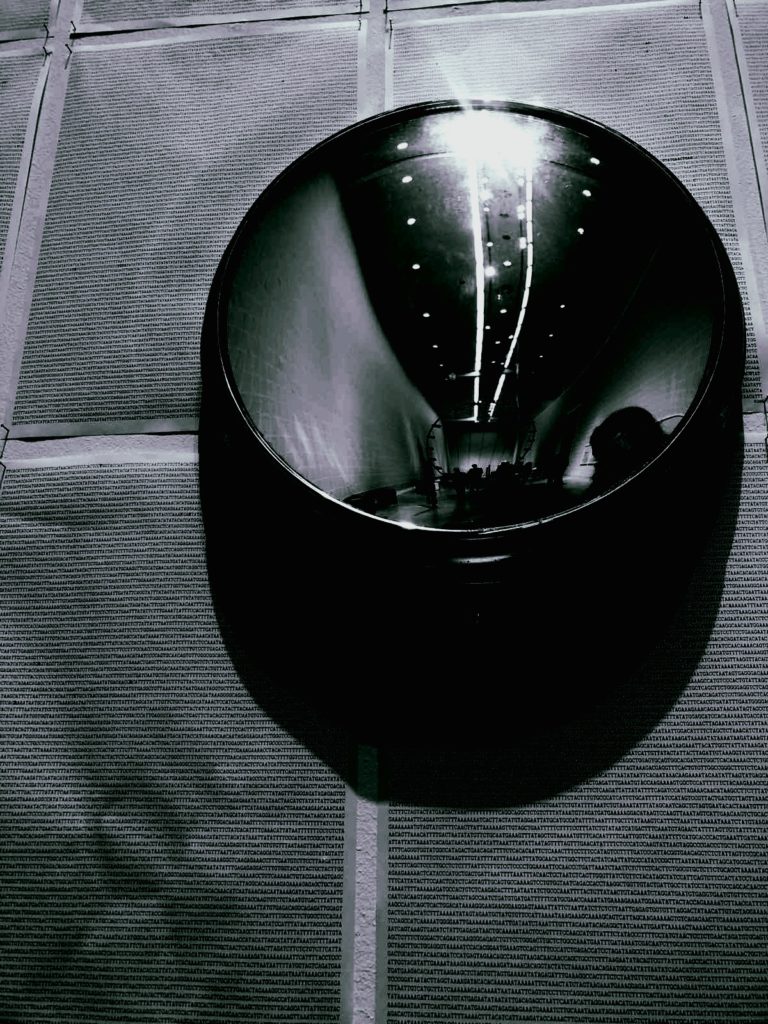
In Being and Nothingness, Sartre refuses any dualistic thinking of the world, and introduces what he calls “being...
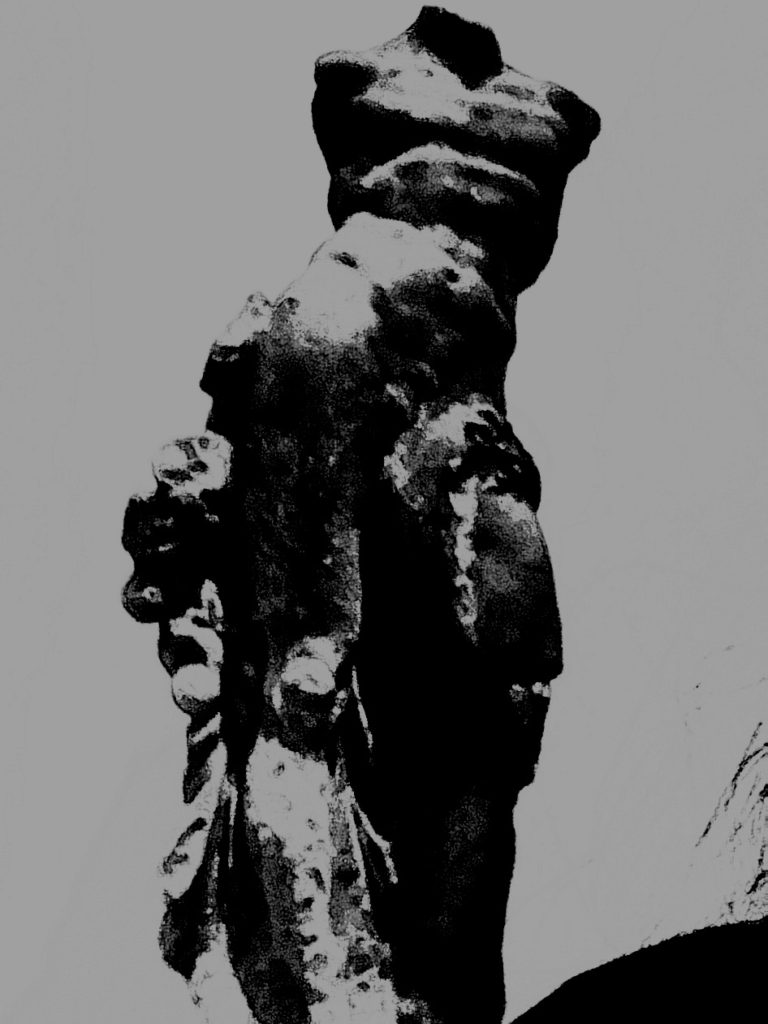
The unconscious, for Sartre, means that there is a part of ourselves that is absent, radically foreign, and...